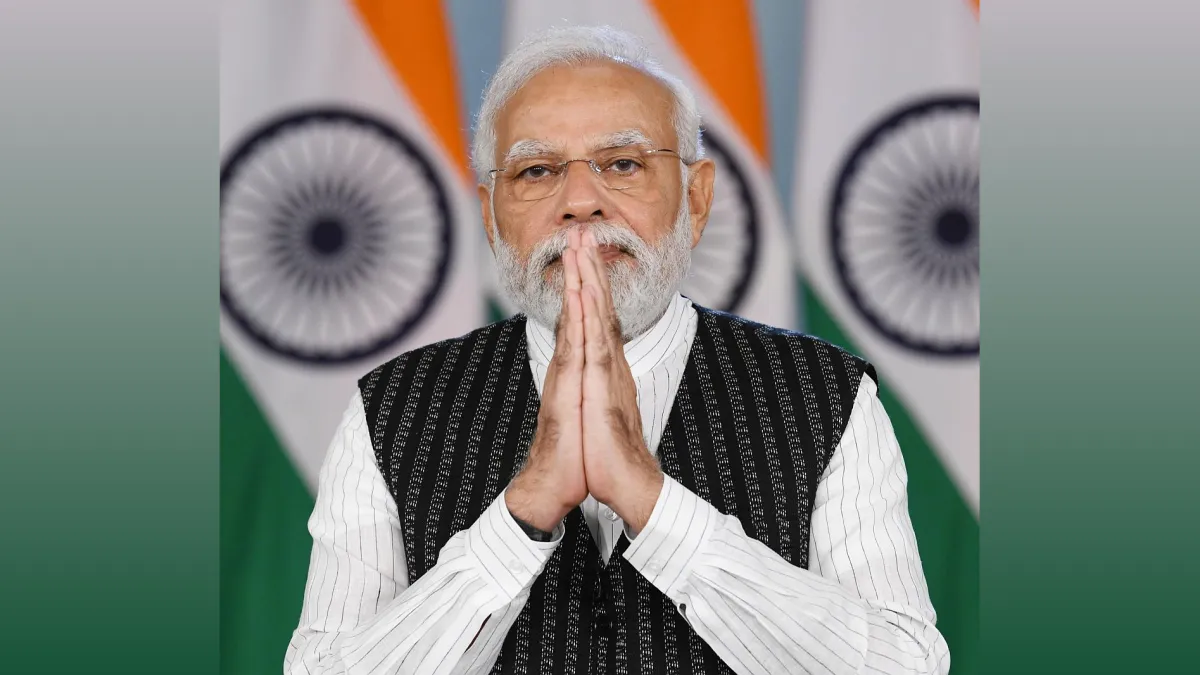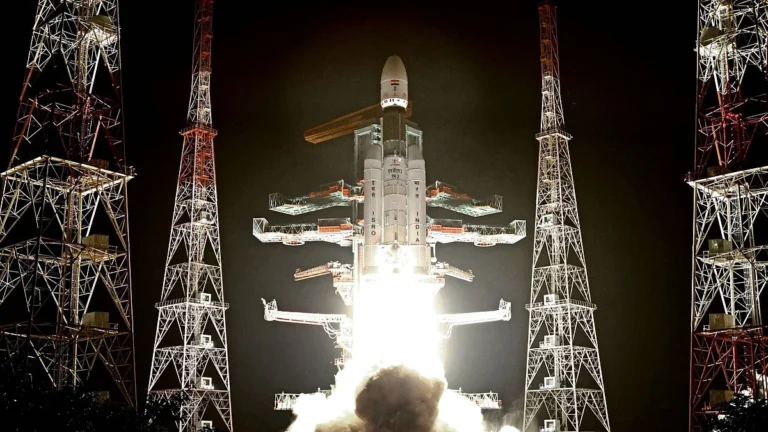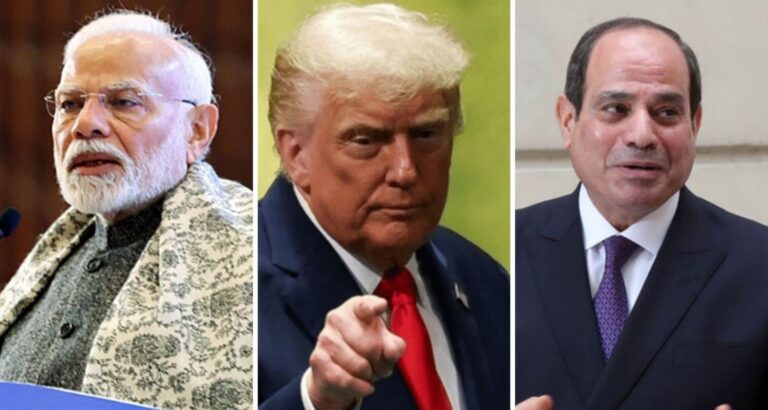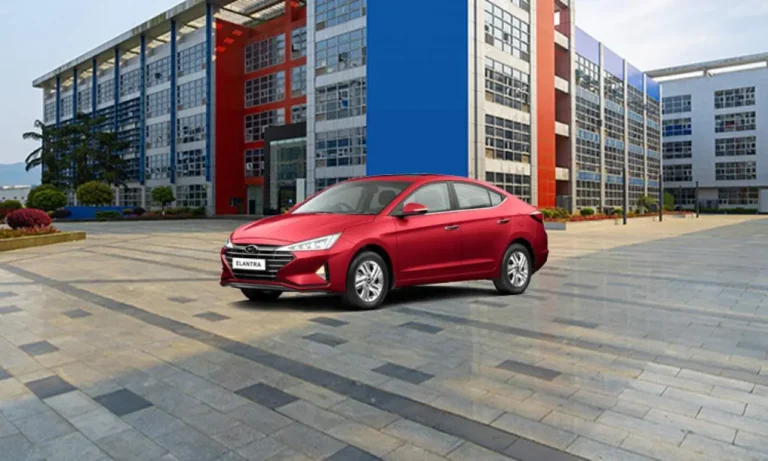
🔥 Background: Trump’s 25% Tariff Shockwave
Former U.S. President Donald Trump recently announced a 25% tariff on key imports, including goods from India, as part of his “America First” economic revival plan. This sudden tariff hike has sent ripples across global markets and posed a serious challenge to exporting countries like India. The move is seen as a protectionist policy that could hurt Indian manufacturers and exporters in sectors like pharmaceuticals, textiles, and IT services.

🇮🇳 PM Modi’s Swadeshi Response: Vocal for Local 2.0
In response, Prime Minister Narendra Modi is making a renewed call for “Swadeshi” or self-reliance, turning the spotlight back on Indian-made products. His government is expected to accelerate schemes like Make in India, PLI (Production Linked Incentive), and Atmanirbhar Bharat, pushing Indian companies to reduce import dependency and boost domestic manufacturing.
📈 Strategic Shift: Focus on Local Manufacturing
PM Modi’s Big ‘Swadeshi’ Push isn’t just a slogan—it’s a full-blown economic strategy. Policies are being reshaped to encourage local industries by offering tax cuts, easier credit access, and incentives to MSMEs. From electronics to EVs and defence equipment, the message is loud and clear: India must manufacture, innovate, and consume more of its own.
🤝 Global Trade Realignment: India Looks East
With the U.S. imposing barriers, India is exploring deeper trade ties with ASEAN nations, Africa, and the Middle East. PM Modi’s recent diplomatic moves highlight India’s pivot towards new allies and trade routes that support a more independent economic path.

📊 Impact on Consumers and Industries
While this Swadeshi move may increase short-term production costs and lead to slightly pricier goods, it promises long-term benefits: more jobs, stronger industries, and less reliance on volatile global trade policies. Indian startups and manufacturing sectors could benefit the most from this policy shift.





